The buying behavior of B2B buyers has changed significantly over the past 5 years. The pandemic forced many B2B sellers to pivot to e-commerce sales models, with the e-commerce channel becoming the new normal.
B2B buyers have embraced digital sales platforms, and research from McKinsey revealed that only about 20% of B2B buyers say they ever want to interact with a sales rep in person again. The adoption of B2B self-service is evident in the increase in big-ticket sales. 70% of B2B decision makers say they are open to making self-serve purchases of more than $50,000, with 27% happy to spend more than $500,000.
Why Are B2B Buyers Choosing To Self-Serve?

Self-Serve Technology
Improvements in self-serve technology have made it easier to configure custom products online and reduce the level of friction in the buying process

Younger Buyer Demographic
A younger demographic of B2B buyers who prefer online sales platforms and who are now more likely to be in positions where they are responsible for buying decisions

Shorter Sales Cycles
Self-serve sales typically have shorter sales cycles, enabling B2B buyers to move through their buying journey easily without getting slowed down by a protracted purchasing experience
Essential Features of an Effective Self-Service Portal
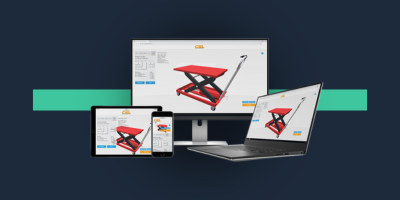
User Friendly Interface
Making it easy for B2B buyers to self-serve is key to a successful online sales strategy. Buyers need to be able to navigate the website easily, configure custom products, find answers to their questions, and finalize their purchase as seamlessly as possible.
3D Visualization
3D visualization makes it easier for buyers to see complex custom designs, enabling a clearer understanding of what the finished product will look like. By empowering customers to configure products accurately upfront, manufacturers can minimize errors and rework in the production process, saving valuable time and resources.
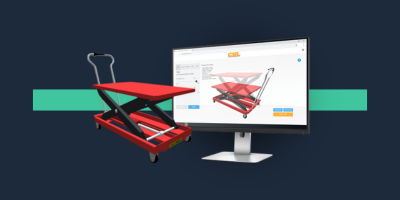
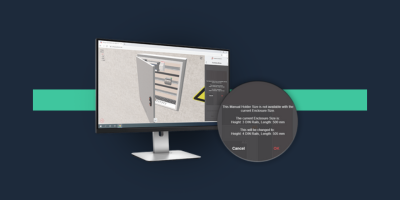
Guided Selling
Guided selling enables B2B self-service buyers of custom products to accurately configure different features and options. Rules-based customization and pricing functionality enables buyers to configure complex custom products.
Seamless integration with ERP & CRM
With access to real-time data from other company systems, online sales platforms can use customer information such as previous purchases and customer value to inform pricing, upgrade, and cross-sell opportunities.
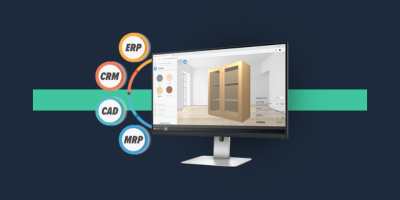
A Guide to 3D Product Configurators
3D product configurators enable manufacturers of custom products to improve their self-service sales channel.
In our recent blog, we took an in-depth look at 3D product configurators and how they can help to transform sales on custom products.
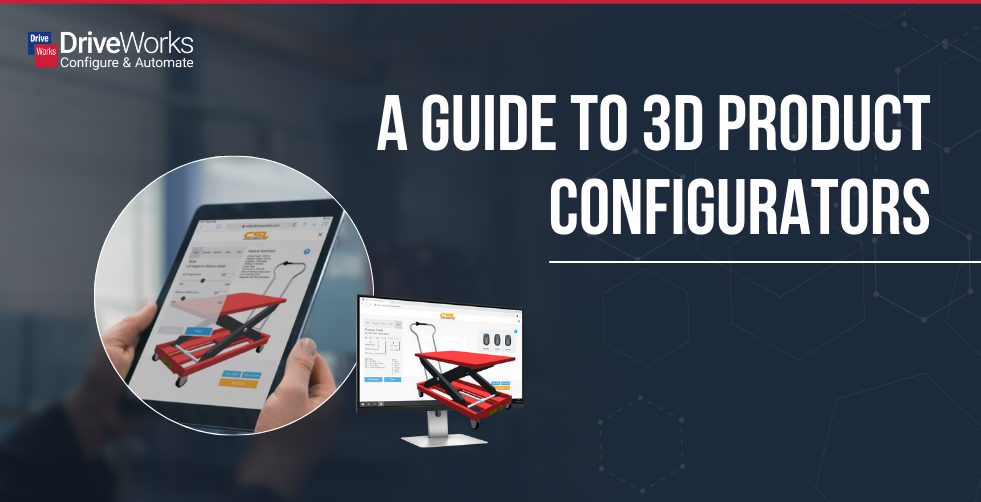
Free Webinar – Introduction to Using DriveWorks as a 3D Sales Configurator
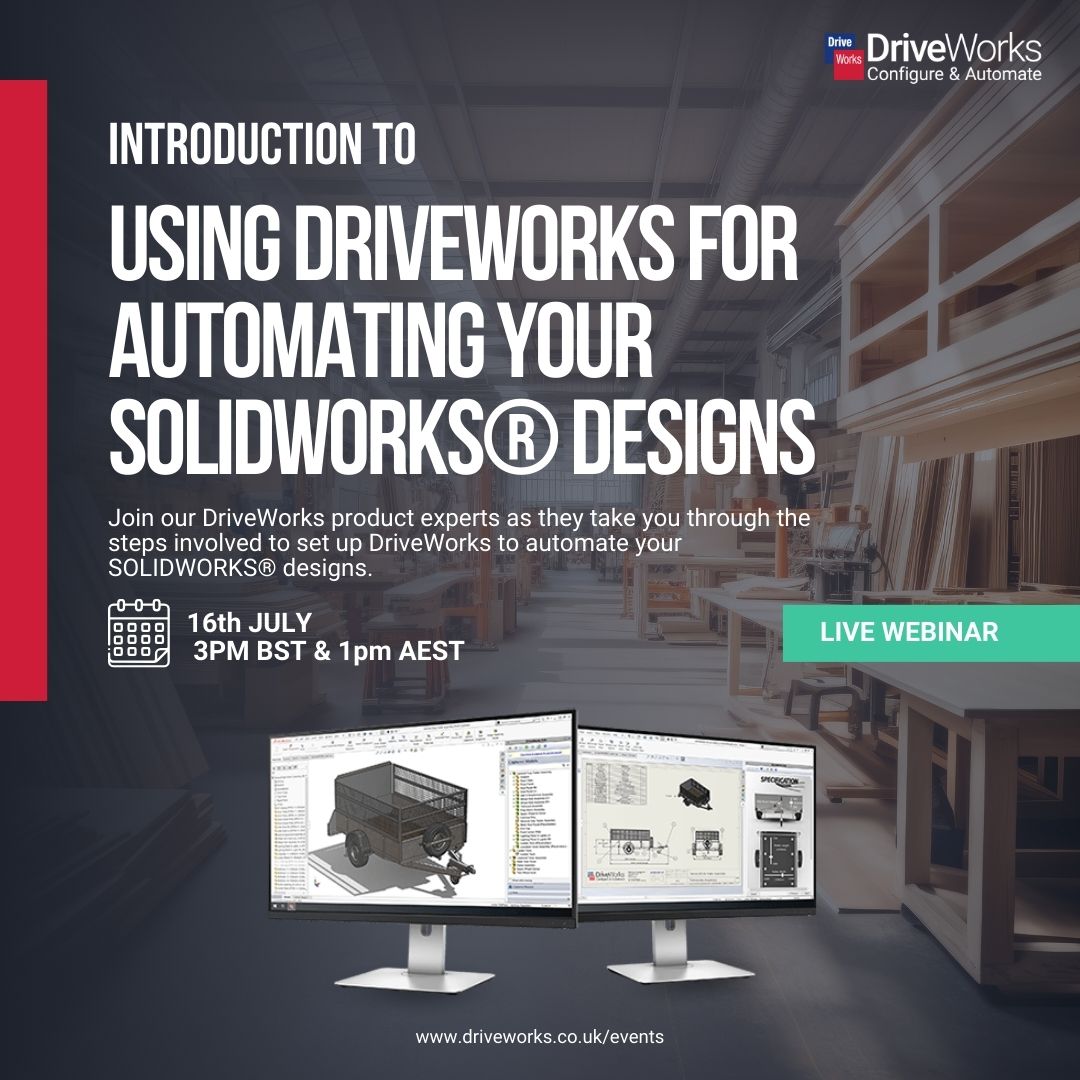
DriveWorks Pro combines powerful SOLIDWORKS® part, assembly, and drawing automation with engaging 3D CPQ sales configurator features to enable manufacturers to implement a successful digital selling strategy, work smarter, reduce errors, and exceed customer expectations.
In this webinar, our product experts will share their knowledge of Using DriveWorks as a 3D Sales Configurator.
Join us on 16th July to learn how creating an online sales configurator with DriveWorks can help you to stay ahead of your competition, reduce costs, and win more business. The webinar will run at two different times so you can pick the one that works best for you.